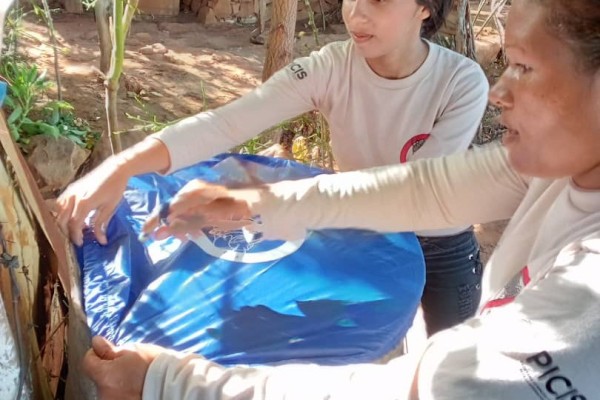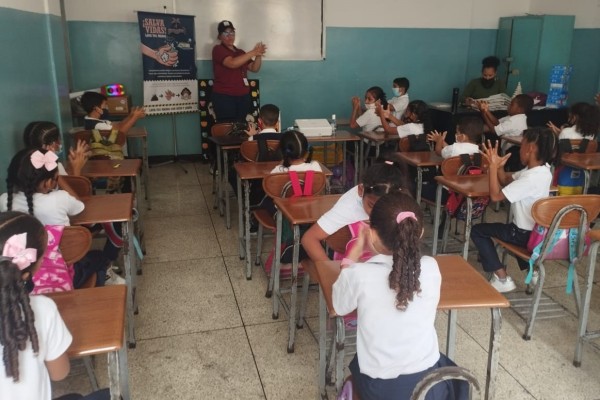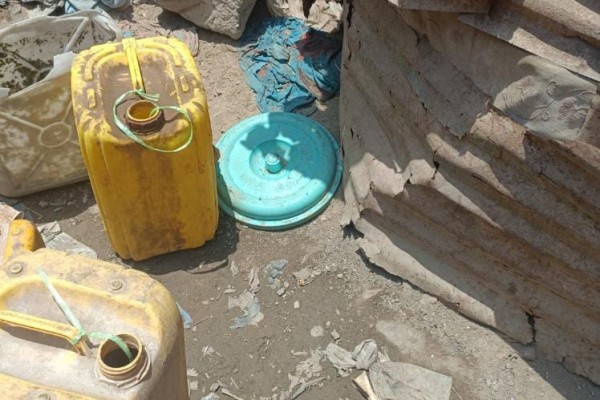Urban areas present unique challenges and opportunities for water, sanitation, and hygiene (WASH) interventions. With an increase in urbanisation, there is a growing need to address the lack of adequate hygiene and water conditions in large urban centres.
Improving urban WASH reduces the transmission of vector-borne diseases and waterborne diseases that proliferate in dense, urban centres.
Urban water, sanitation and hygiene programmes help improve water supply and sanitation, waste management and hygiene promotion. Providing reliable access to clean water and adequate sanitation promotes good hygiene practices and controls the spread of mosquitoes, particularly Anopheles stephensi. This invasive mosquito species is a growing threat to the spread of malaria in sub-Saharan urban centres.
MENTOR urban water, sanitation and hygiene interventions in Venezuela and northern Mozambique also focus on reducing Aedes breeding sites to control the spread of dengue.
Proper waste management is another critical aspect of urban WASH. Through activities such as waste collection and public awareness campaigns, responsible waste collection and disposal practices are promoted, which create cleaner and healthier urban environments.
Engaging with communities, schools, and local institutions helps raise awareness about good hygiene practices, including hand washing, personal hygiene and food safety.



